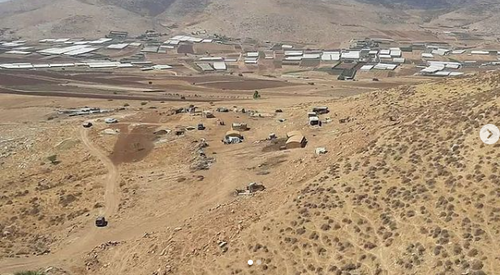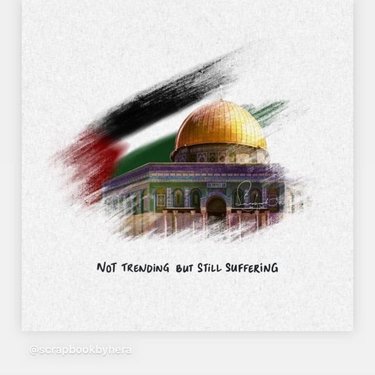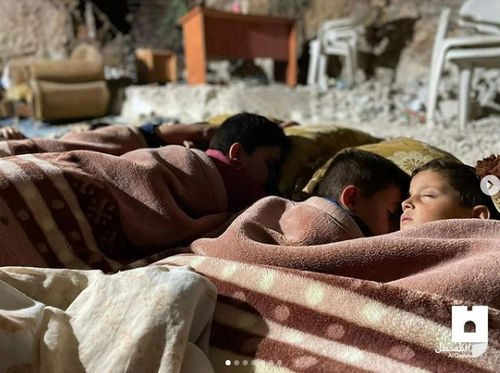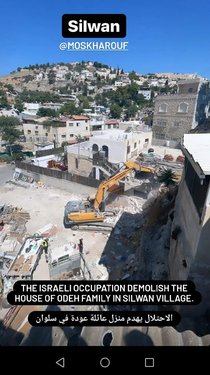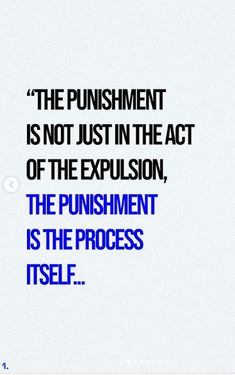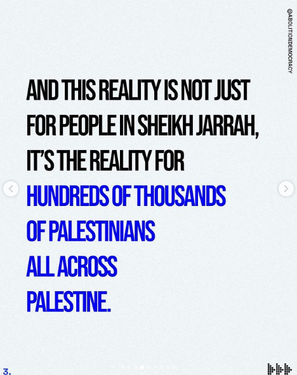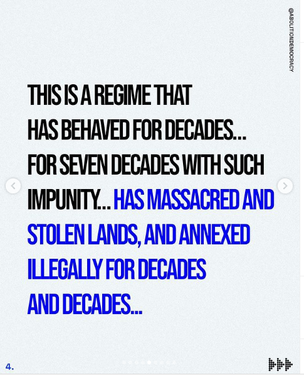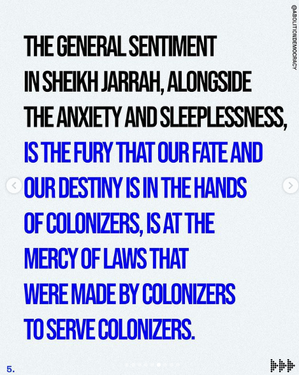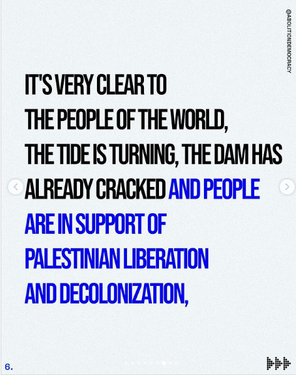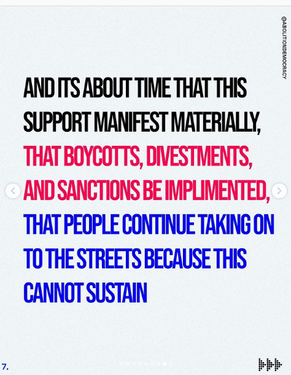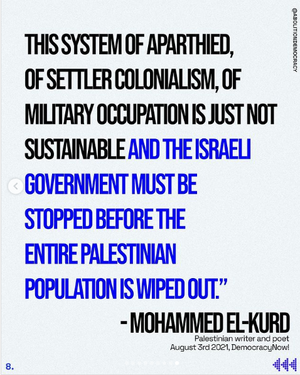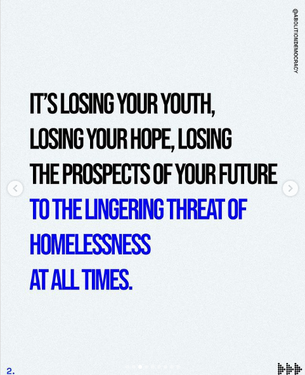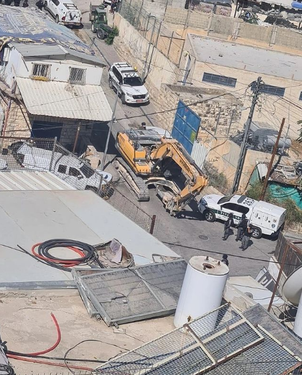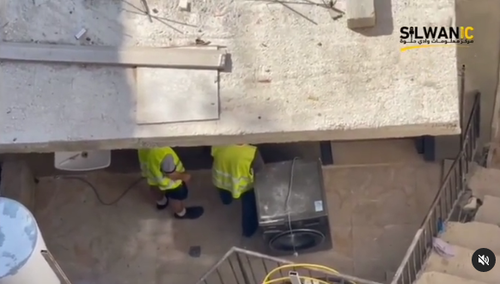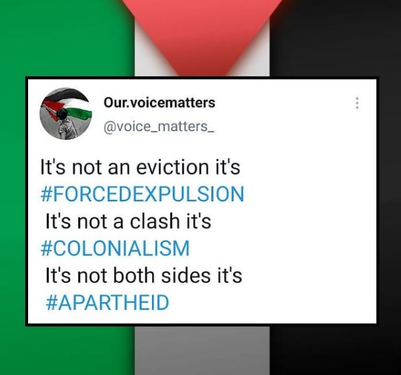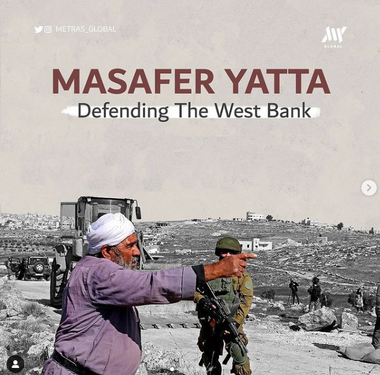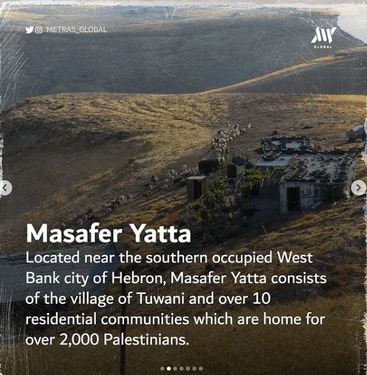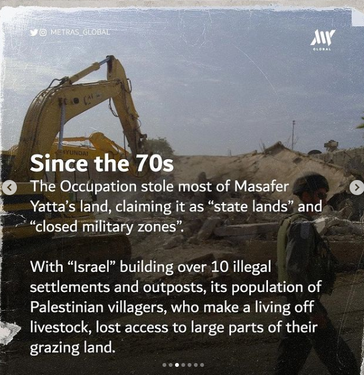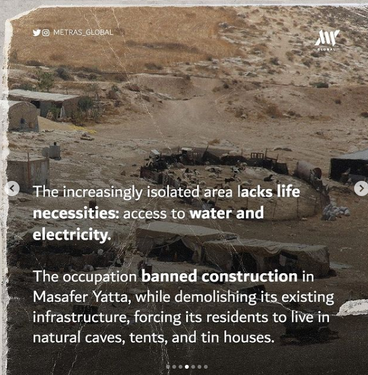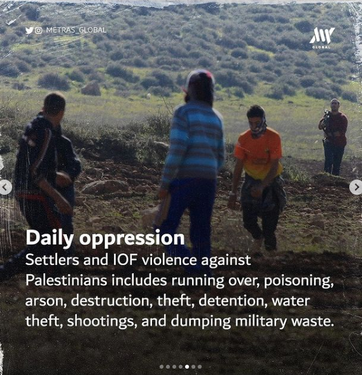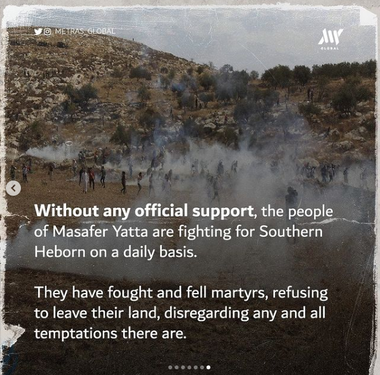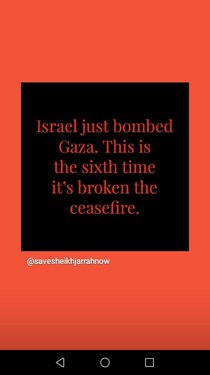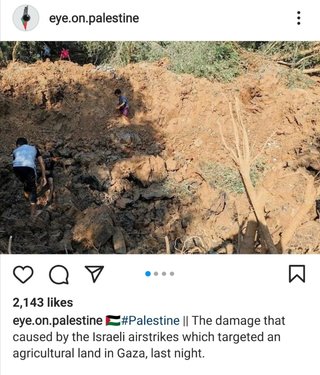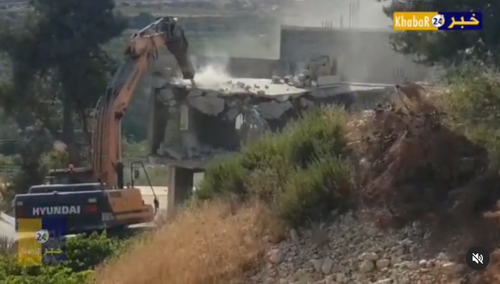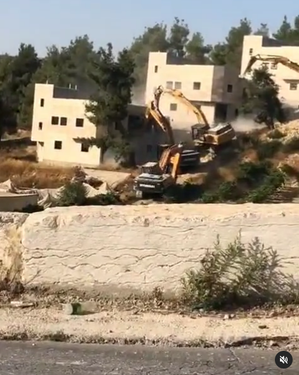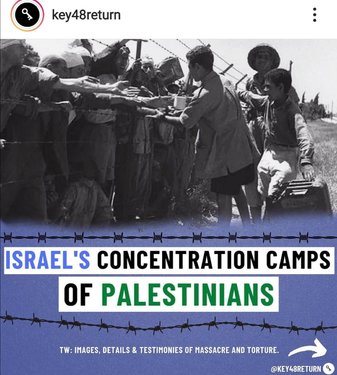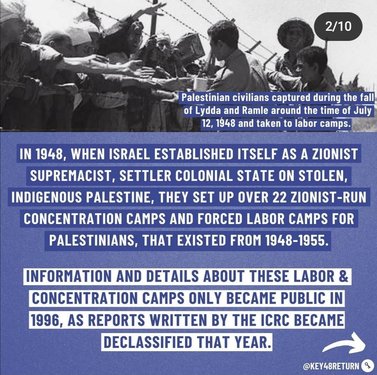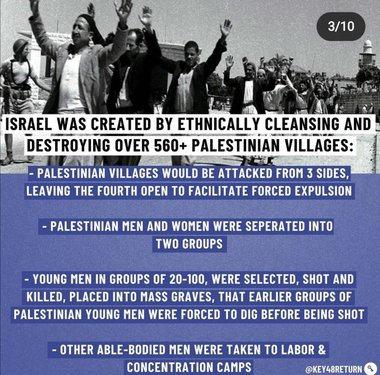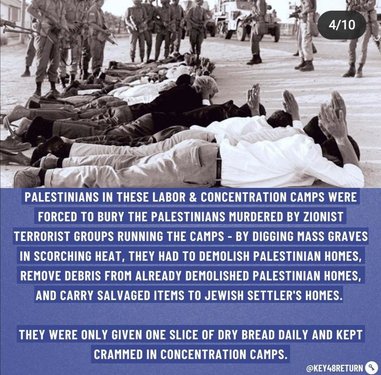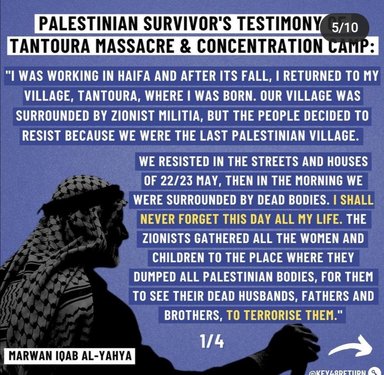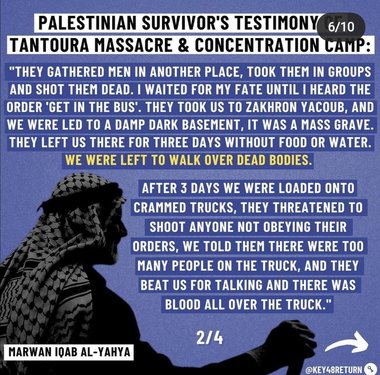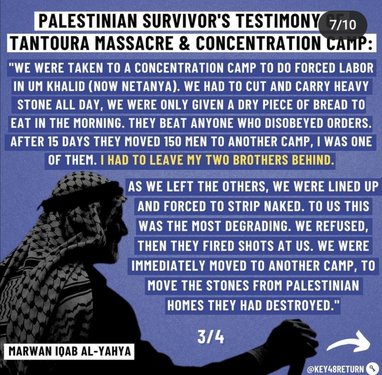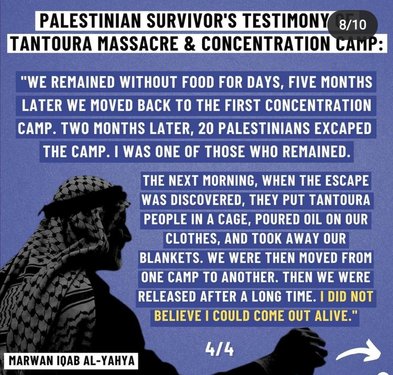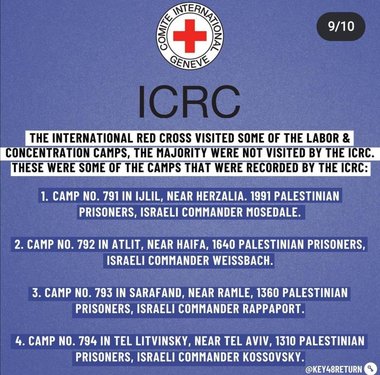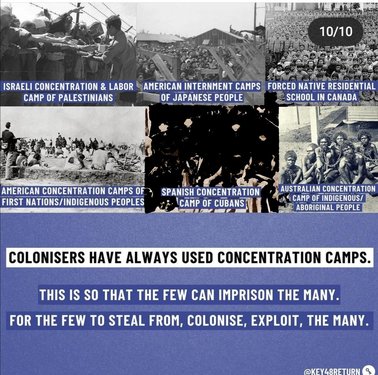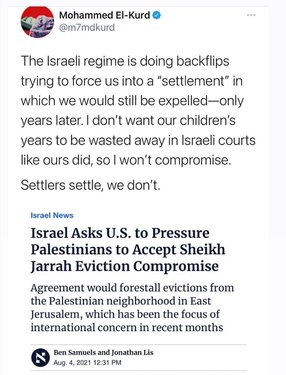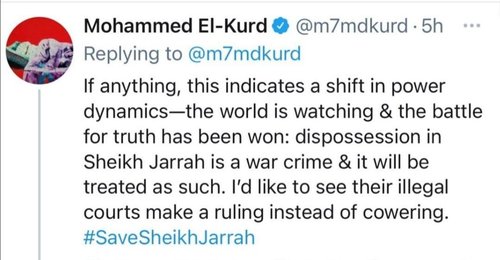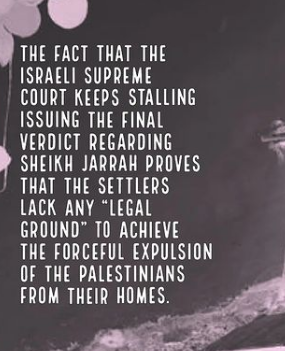-
Posts
8,461 -
Joined
-
Days Won
773
Content Type
Profiles
Forums
Events
Everything posted by ummtaalib
-
The Isra--eli occupation forces raiding the community of Yazra, in the northern valleys, and confiscated the solar panels that provide the residents with electricity
-
Importance of Qadhaa fasts over Nafl (Optional) fasts Q. I have some Qadha fasts to keep for the previous Ramadaan due to previous pregnancies. I wanted to know if its ok to keep Nafl fasts. Will it be valid even though I have outstanding qaza fasts? (Query published as received) A. Due to the Qadha fasts being Fardh, they hold priority over the Nafl fasts and you should try to give due importance to your Qadha fasts. However, this does not mean that you are not permitted to keep any Nafl fasts at all. It will still be permissible for you to keep Nafl fasts and you will attain the rewards of these fasts. However a concerted effort must be made to complete your Qadha fasts. (Adapted from Raddul Muhtar). And Allah Knows Best Mufti Suhail Tarmahomed Fatwa Department Jamiatul Ulama (KZN) Council of Muslim Theologians
-
Keeping a qadha fast on the day of Aashura Q: If one fasts on the ninth and tenth or tenth and eleventh of Muharram with the intention of a qadha fast, will one receive the reward of the fast of Aashura? https://ecp.yusercontent.com/mail?url=http%3A%2F%2Fmuftionline.co.za%2Fb.jpg&t=1628752420&ymreqid=1e76d8aa-a6f0-66f7-1c95-c60001012c00&sig=t5_kXPezWZP6Ut0TdkxD_g--~D A: The fast will be valid. However, one will not obtain the reward and virtue of Aashura through keeping a qadha fast. The reward and virtue of Aashura is for the one who observes nafl fasts on these days. And Allah Ta'ala (الله تعالى) knows best. ولو نوى فرضين كمكتوبة وجنازة فللمكتوبة ولو مكتوبتين فللوقتية ولو فائتتين فللأولى لو من أهل الترتيب وإلا لغا فليحفظ ولو فائتة ووقتية فللفائتة لو الوقت متسعا ولو فرضا ونفلا فللفرض ولو نافلتين كسنة فجر وتحية مسجد فعنهما ولو نافلة وجنازة فنافلة ولا تبطل بنية القطع ما لم يكبر بنية مغايرة ولو نوى في صلاته الصوم صح (الدر المختار 1/439) فتاوى دار العلوم ديوبند عزيز الفتاوى 1/389 أحسن الفتاوى 4/440 Answered by: Mufti Zakaria Makada Checked & Approved: Mufti Ebrahim Salejee (Isipingo Beach)
-
Ashura: Sunni vs Shia Perspective & Practise Difference between the practices of the Sunnis and Shias on 10th Muharram (Ashura)
-
Ex-Israeli Pilot: "Our army is a terrorist organisation run by war criminals" A former Israeli Air Force pilot, Yonatan Shapira, has described the Israeli government and army as "terrorist organisations" run by "war criminals." Captain Shapira who had resigned from the Israeli army in 2003 at the height of the Palestinian Second Intifada explained in an exclusive interview with Anadolu News Agency why he realized after joining the army that he was "part of a terrorist organisation". he said. "As a child in Israel, you are being brought up in very strong Zionist militaristic education. You don't know almost anything about Palestine, you don't know about the 1948 Nakba, you don't know about ongoing oppression," Shapira said. Ever since leaving the Israeli army, Shapira has launched a campaign that encouraged other military members to disobey orders to attack Palestinians. The campaign has led 27 other army pilots to be discharged from their posts in the Israeli Air Force since 2003. In the last week, Israeli warplanes have waged hundreds of airstrikes against the Palestinian civilians in the besieged Gaza Strip, killing at least 188 Palestinians including 55 children and 33 women and wounding 1,230 people. Source
-
Open Provocation by Israee-li settlers Israeli settler raises a middle finger in a provocative manner while Israeli bulldozers do excavations works to implement a Judaisation project that includes building corridors and installation of an elevator to facilitate access for Jewish settlers in al-Ibrahimi Mosque in #Hebron city in the occupied West Bank. Quds News Network (@qudsnen) • Instagram photos and videos
-
"Reduce" number of shootings of Palestinians, not "Stop"!! IOF Chief of Staff Aviv Kochavi asked senior Central Command officers to take action to "reduce the number of shootings of Palestinians " by soldiers in the West Bank, which has risen considerably over the past three months and particularly over the last three weeks. [ Haaretz ]
-
Homeless children Sleeping under the sky The children of Obaid family are sleeping in the open after the family was forced by the occupation to demolish its home in Beit Hanina town in Jerusalem.
-
15 year old trying to be brave over the rubble of his home Between the tears and the smiles of the 15 years old boy, Mohammsd Ali Obeiediz, sitting over the rubble of his house in Beit Hanina at Jerusalem. He says, "the land is my honor, we will sit in a tent rather than leaving it, and my heart aches for my house". His family was forced to demolish their own hands for the usual excuse; building without an authorization. Eye On Palestine (@eye.on.palestine) • Instagram photos and videos
-
-
-
Getting ready for demolitions in Silwan The Israeli occupation forces storm Silwan village with a bulldozer to carry out demolition operations. T The staff of the occupation municipality emptying the home of Odeh family to demolish it, in silwan village.
-
Masafer Yatta We hear about Israeli oppression and settlement expansion in Masafer Yatta on the news, but what do you know about the Palestinian residents of this embattled area?
-
-
"I have no confidence regarding the investigation until I see with my own eyes the Israeli soldier in court" says father Eye On Palestine (@eye.on.palestine) • Instagram photos and videos
-
Q: If I already have wudhu, will I be rewarded for making another wudhu? A: If one is in the state of wudhu and he wishes to make another wudhu, it will be permissible and rewarding for him provided that after making the first wudhu, he had carried out some ibaadat which is such that wudhu is a precondition for its validity e.g. he performed salaah, made sajdah tilaawat, etc. If he did not carry out any ibaadat which is such that wudhu is a precondition for its validity, it will not be permissible for him to make a second wudhu. Making a second wudhu at this time will not earn him reward. Rather, it will only be a wastage of water. And Allah Ta'ala (الله تعالى) knows best. إن الوضوء عبادة غير مقصودة لذاتها فإذا لم يؤد به عمل مما هو المقصود من شرعيته كالصلاة وسجدة التلاوة ومس المصحف ينبغي أن لا يشرع تكراره قربة؛ لكونه غير مقصود لذاته فيكون إسرافا محضا (رد المحتار 1/119) قال الحلبي في شرح المنية: أطبقوا على أن الوضوء عبادة غير مقصودة لذاتها فإذا لم يؤد به عمل مما هو المقصود من شرعيته كالصلاة وسجدة التلاوة ومس المصحف ينبغي أن لا يشرع تكراره قربة لكونه غير مقصود لذاته فيكون إسرافا محضا اهـ فليتأمل (منحة الخالق 1/24) Answered by: Mufti Zakaria Makada Checked & Approved: Mufti Ebrahim Salejee (Isipingo Beach)
-
- 1
-

-
Palestinian Children being DetainedTwo Palestinian children aged not more than 10 to 11 years were detained by the Isra-eeli occupation forces in Damascuss Gate in #Jerusalem and taken to the police station , the journalist asked the Isra-eeli officer: " Is it legal to detain tow 10 years old children? He answered: I didn't detained them, but other officer did. Eye On Palestine on Instagram: ". Two Palestinian children aged not more than 10 to 11 years were detained by the Israeli occupation forces in Damascuss Gate in…" Eye On Palestine on Instagram: "🇵🇸#Palestine || The Israeli occupation forces detained 2 Palestinian children from Damascus Gate in the occupied city of Jerusalem. لحظة…"
-
Another day, another demolition Isra-heli bulldozers demolish 3 residential buildings in Sa'ir town, to the east of Hebron The Isra-heli occupation forces demolish 3 residential buildings in Sa'ir town.
-
Concentration Camps of Palstinians The rogue settler colonial state of Israel was built on the bloodshed of indigenous Palestinians and by the enslavement of indigenous Palestinians.
-
-
The colonial court’s insistence on not making a decision regarding our appeal today (yesterday 2 August 2021) highlights their awareness of the international media pressure. They even explicitly “advised” us to have less press next hearing. The three Supreme Court “justices” are placing massive pressure on us to reach a "settlement” with the settler organization, avoiding a substantive ruling regarding our rights in the land. This cowardice is to evade potentially detrimental international ramifications. So we know what to do. Mohammed el-Kurd (one of the families of Sheikh Jarrah)
-
Q: Is there any sort of marriage (nikaah) that can take place purely and only for satisfying one's natural urges and desires? In other words, the man and woman only meet for this purpose and other than this, they both do not wish to shoulder any of the responsibilities of nikaah. A: The institution of nikaah has been objectively effected in Shari'ah in order to produce its desired results. Apart from nikaah serving as a halaal avenue for one to fulfil his desires, the main purpose and object of nikaah is for each spouse to assist the other in leading a life of chastity and piety. Each spouse needs to act responsiblily and fulfil those duties that has been assigned to him/her from the side of Allah Ta'ala. Each spouse's main concern at the time of entering into the nikaah should be to earn the pleasure of Allah Ta'ala through upholding the laws of Shari'ah and leading a life in total conformity to the Sunnah of Rasulullah (sallallahu alaihi wasallam). Such a nikaah will become the means of pious progeny coming into the world and Islam spreading to the four corners of the globe. Entering into nikaah solely to satisfy one's desires and not wishing to shoulder any other responsibility and duty of the nikaah is not the way of Islam. And Allah Ta'ala (الله تعالى) knows best. Muftionline.co.za
-
The Israeli Supreme Court suggests to recognise the four Palestinian families in the neighborhood of Sheikh Jarrah as "protected tenants" of their own homes in lieu of acknowledging the settlers' ownership of their homes. This unfair suggestion was totally rejected by the families. These Palestinian families have been living in Sheikh Jarrah since 1956. They were expelled from their original homes by Zionist militias during the creation of Israel in 1948. Case postponed


